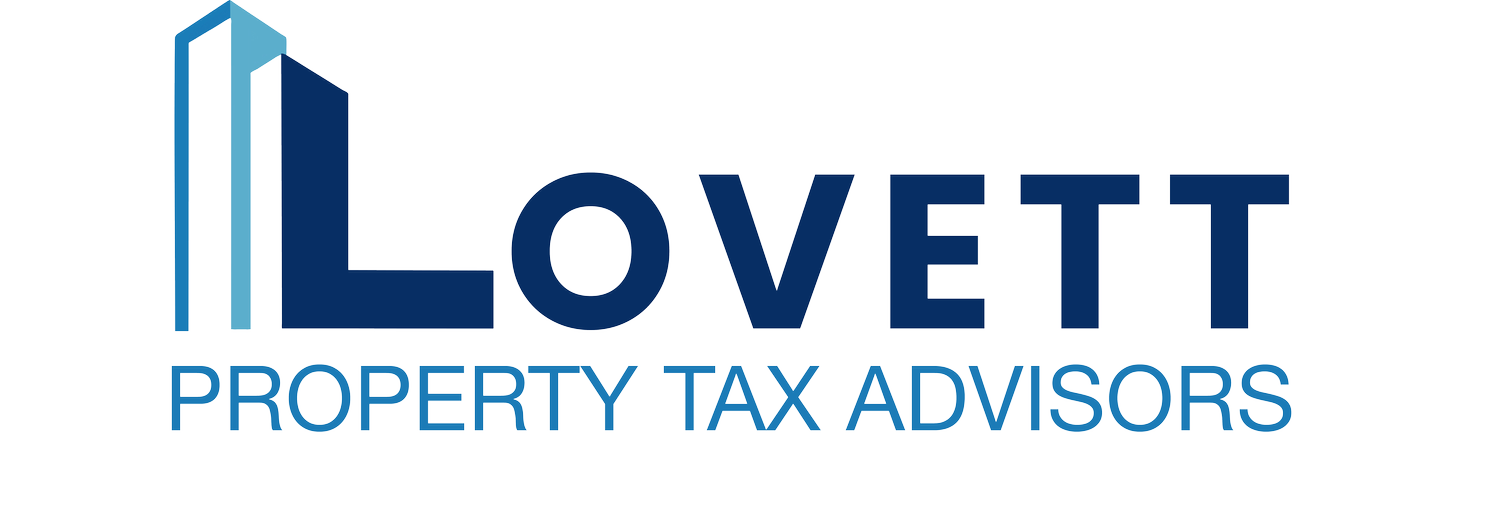Navigating the South Carolina Appeal Process for Property Tax Disputes
Introduction: Property taxes play a vital role in funding local government services and infrastructure development in South Carolina. However, there may be instances when property owners believe that their assessed property values are inaccurate or unfairly high, leading to excessive tax burdens. In such cases, property owners have the right to appeal their property tax assessments. This article aims to provide a comprehensive overview of the appeal process for property tax disputes in South Carolina, highlighting key steps and considerations for property owners navigating this legal procedure.
1. Understanding the Basis for Property Tax Appeals: Property tax assessments in South Carolina are conducted by county assessors who determine the value of properties within their jurisdiction. However, property owners have the right to challenge these assessments if they believe their property's assessed value is incorrect or unfair. Common grounds for property tax appeals include errors in property data, incorrect market valuation, and inequitable assessments compared to similar properties in the area.
2. Initiating the Appeal: To begin the appeal process, property owners must file a written notice of appeal with the county's Board of Assessment Appeals (BAA) within the designated time frame. In South Carolina, the deadline for filing appeals typically falls within a specified period after property tax notices are mailed, which is usually around January or February. It is crucial to adhere to this deadline to ensure the appeal is considered.
3. Gathering Evidence and Building a Strong Case: Once the appeal is initiated, property owners should focus on collecting relevant evidence to support their case. This may include recent property appraisals, sales data of comparable properties, photographs, property inspection reports, and any other documentation that challenges the assessment. Consulting with a professional appraiser or a real estate attorney experienced in property tax appeals can be invaluable in gathering persuasive evidence and developing a strong case.
4. Presenting the Case to the Board of Assessment Appeals: After compiling the necessary evidence, property owners will have the opportunity to present their case before the BAA. This involves attending a hearing where they can explain their arguments and present the supporting documentation. It is crucial to articulate the reasons for the appeal clearly, referencing specific inaccuracies or inequities in the assessment. Presenting the case professionally and respectfully is key to leaving a positive impression on the board.
5. Reviewing the BAA Decision: Following the hearing, the BAA will review the evidence and make a decision regarding the property tax assessment. Property owners will be notified in writing of the BAA's decision, which can either affirm, modify, or overturn the initial assessment. If dissatisfied with the BAA's decision, property owners have the option to further appeal to the South Carolina Administrative Law Court (ALC) or the Court of Common Pleas, depending on the assessed property's value.
6. Pursuing Additional Appeals: To proceed with an appeal beyond the BAA, property owners must file a petition with the appropriate court within a specified period after receiving the BAA decision. The court will conduct a hearing to evaluate the case independently and issue a final decision. Engaging the services of an experienced attorney who specializes in property tax appeals can significantly enhance the chances of success during this stage.
Conclusion: Navigating the appeal process for property tax disputes in South Carolina requires careful attention to deadlines, diligent gathering of evidence, and effective presentation of arguments. Property owners must familiarize themselves with the specific rules and procedures established by the county and state authorities. Engaging professionals such as appraisers and real estate attorneys can provide invaluable guidance throughout the appeal process. By leveraging the available resources and adhering to the prescribed legal procedures, property owners in South Carolina can seek fair resolutions for their property tax disputes.


